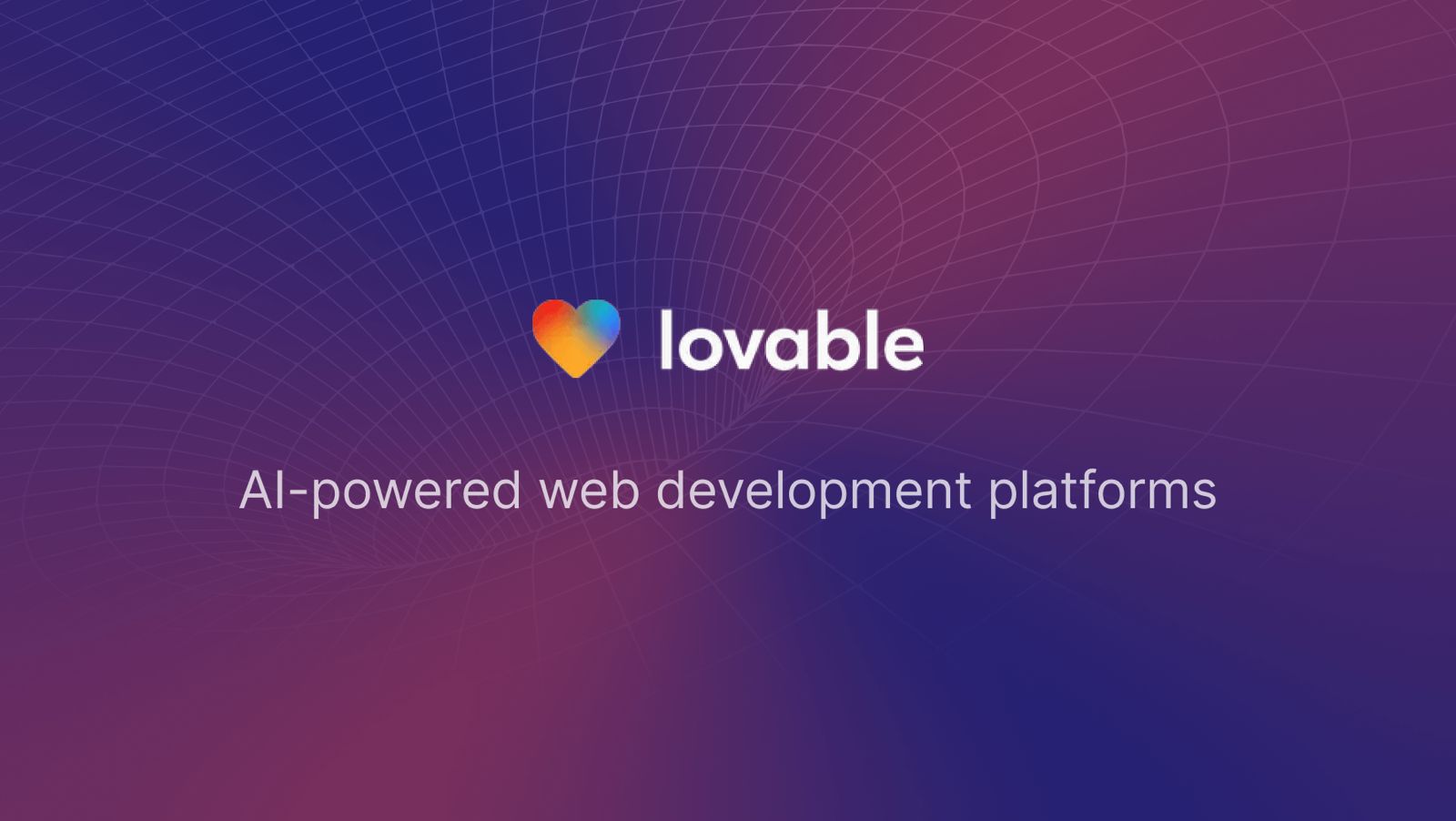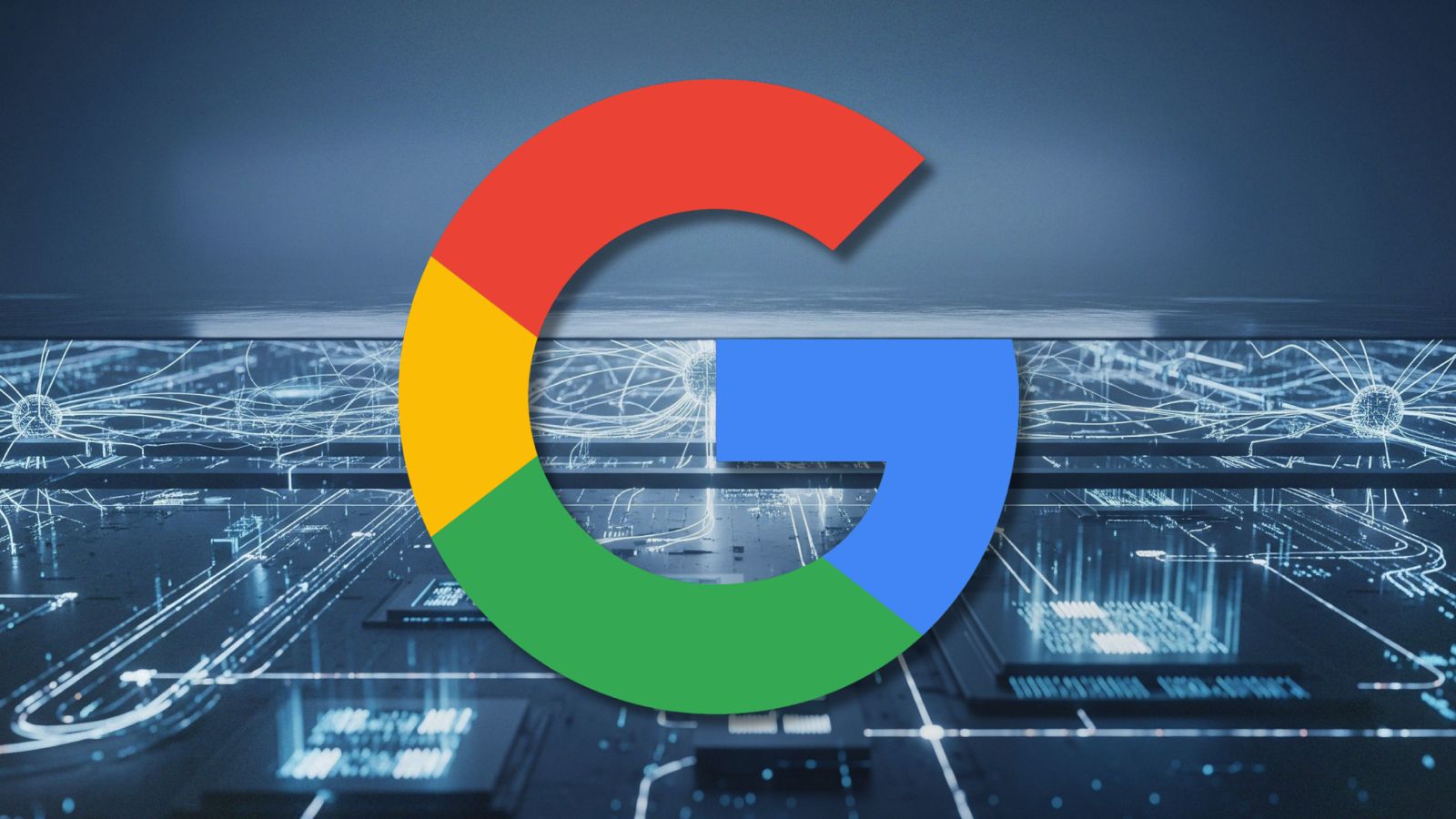 Image Source: GitHub Blog
Image Source: GitHub Blog
The advent of GPT-5 integration into GitHub Copilot marks a pivotal shift in software development, enabling developers to achieve unprecedented speed and creativity in coding. One developer’s experience of building an entire game within 60 seconds using this AI-powered tool exemplifies how GPT-5 is transforming programming workflows. This newsletter dives deep into the capabilities of GPT-5 in GitHub Copilot, illustrating its real-world impact and how it is raising the bar for productivity and innovation in development.
Key Highlights of GPT-5 and GitHub Copilot Integration
GPT-5, OpenAI’s most advanced language model yet, powers GitHub Copilot to assist developers in writing, testing, debugging, and refactoring complex code quickly and accurately.
Released in public preview in August 2025, GPT-5 is accessible on popular IDEs including Visual Studio Code, JetBrains, Xcode, and Eclipse, expanding developers’ toolkits.
Unlike prior versions, GPT-5 excels in handling longer and more complex coding tasks and agentic workflows, delivering coherent multi-file completions and advanced reasoning abilities.
The integration enables users to switch flexibly between GPT-5 chat and reasoning modes for optimal task execution based on contextual needs.
With GPT-5, developers can produce high-quality frontend and backend code, with improved performance benchmarks beating previous models in speed and accuracy.
Enhanced steerability and collaborative prompting allow developers to guide the coding process, receive explanatory feedback, and request iterative refinements seamlessly.
Building a Game in 60 Seconds: A Practical Showcase
In a remarkable demonstration, a developer utilized GPT-5 within GitHub Copilot to generate a functional, interactive game end-to-end in under one minute. This feat showcased:
Rapid generation of game logic, UI elements, and event handlers through natural language prompts.
Automatic testing and debugging suggestions embedded in the coding flow, reducing manual overhead.
Multi-file code synthesis managing complex dependencies and interactions efficiently.
Real-time completions with logical coherence ensuring a playable end product almost instantly.
This practical example highlights GPT-5’s potential to dramatically cut development timelines, freeing human developers to focus on creativity, design decisions, and higher-level problem-solving.
Revolutionizing Developer Experience
GitHub Copilot fueled by GPT-5 transforms traditional coding from a labor-intensive process to an interactive, intelligent partnership. Users benefit from:
Reduced repetitive tasks and boilerplate code writing
Predictive code suggestions aligned with best practices
Context-aware assistance that adapts mid-session
The ability to experiment and prototype rapidly without extensive manual coding
This partnership between AI and developers is setting a new standard for productivity in software engineering.
Broader Implications for the Tech Industry
The release of GPT-5 in GitHub Copilot also signifies broader trends:
AI models evolving from narrow task performance to complex multi-step reasoning.
Increased adoption of AI-powered development tools across startups, enterprises, and open source communities.
The rise of “agentic” AI assistants capable of autonomous task completion within coding workflows.
Shifts in developer skill sets, emphasizing AI prompt engineering and supervision over manual syntax mastery.
Looking Ahead: Future of AI in Software Development
As GPT-5 capabilities expand, we can anticipate:
Seamless integration into broader DevOps pipelines
Enhanced support for diverse programming languages and platforms
Improved collaboration features allowing team-based AI-assisted coding
Ethical considerations and safeguards to ensure responsible AI use
The future of coding is collaborative, intelligent, and accelerated.
Sources: Microsoft Dev Blogs, OpenAI
Advertisement
Advertisement




